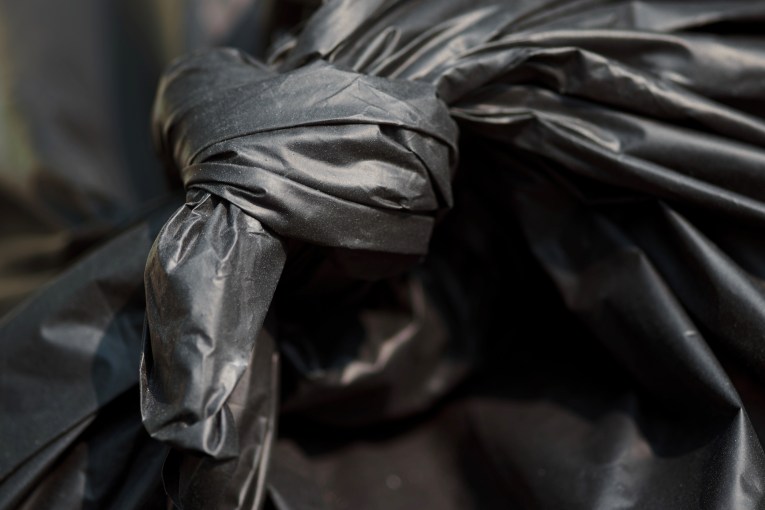Want a pay rise? TAFE could be the answer

Electrical wiring could be a quicker buck than dentistry. Photo: Getty
Australia’s highest-paid graduates aren’t bankers, doctors or lawyers – they are TAFE students.
That’s the contentious finding of a new study, which claims TAFE students are employed faster and on higher wages than university graduates.
On Monday, Skilling Australia Foundation released a report citing a range of official statistics to prove that vocational education should have a far better reputation.
It found that if you want to be Australia’s highest-paid graduate, you should probably study Certificate IV in Hazardous Areas–Electrical, with a median starting salary of $85,400.
University-educated dentistry graduates came in second at $80,000.
Overall, workers with certificates and diplomas start on median full-time wages of $56,000, compared to $54,000 for uni grads, the report found.
“Australia’s VET sector, far from preparing students for low-skilled, low-paid or low-future work, produces highly skilled graduates with remuneration and employment outcomes comparable to – and sometimes surpassing – those of university graduates,” CEO Nicholas Wyman wrote.
“The report shows there is currently an array of respectable, well-compensated, upwardly mobile careers that don’t require a university education.
“These jobs exist in progressive, fast-growth industries, such as healthcare, bio-tech and cyber security, agriculture, information technology and service industries, such as tourism and hospitality.
“Unfortunately, vocational study has a history of being seen as less respectable than attending university. This must change.”
Between 2008 and 2015, the proportion of bachelor degree graduates in full-time employment fell from 86 to 69 per cent – compared to 78 per cent of vocational training graduates.
The report, compiled by Skilling Australia Foundation and McCrindle Research, with funding from Citi Australia, did not compile the figures itself.
It relied on statistics from official sources, such as the National Centre for Vocational Education Research, Graduate Careers Australia and the government’s MySkills.
Professor Julian Teicher, an expert in employment and human resources at Central Queensland University, agreed that university should be more practical, and that there is an “excessive preoccupation” with degrees.
“People who are educators very often have little experience of the world. The knowledge they try to impart is based on journal articles. It doesn’t necessarily impart critical reasoning faculties or useful skills,” Professor Teicher told The New Daily.
“The quality of Australian universities is excellent, but the outcomes may not be the ones that are useful for the person or society.”
However, Professor Teicher said it was “really unhelpful” to make comparisons on employability and wages.
“These things depend on timing. For a start, TAFE graduates are more likely to be working and studying than university students. TAFE qualifications vary in length from three days upwards. So outcomes wise, we’re not necessarily comparing horses with horses.”
But he also cautioned against putting “too much” focus on the employment opportunities of a tertiary degree.
“I’m old-fashioned enough to still believe that education is beneficial,” he said.
“The university was not created as an employment mechanism. It was about education, and education is in some sense a marker of a civilised society. It produces great art, it produces people who are critical and ethical. All of those things.”








